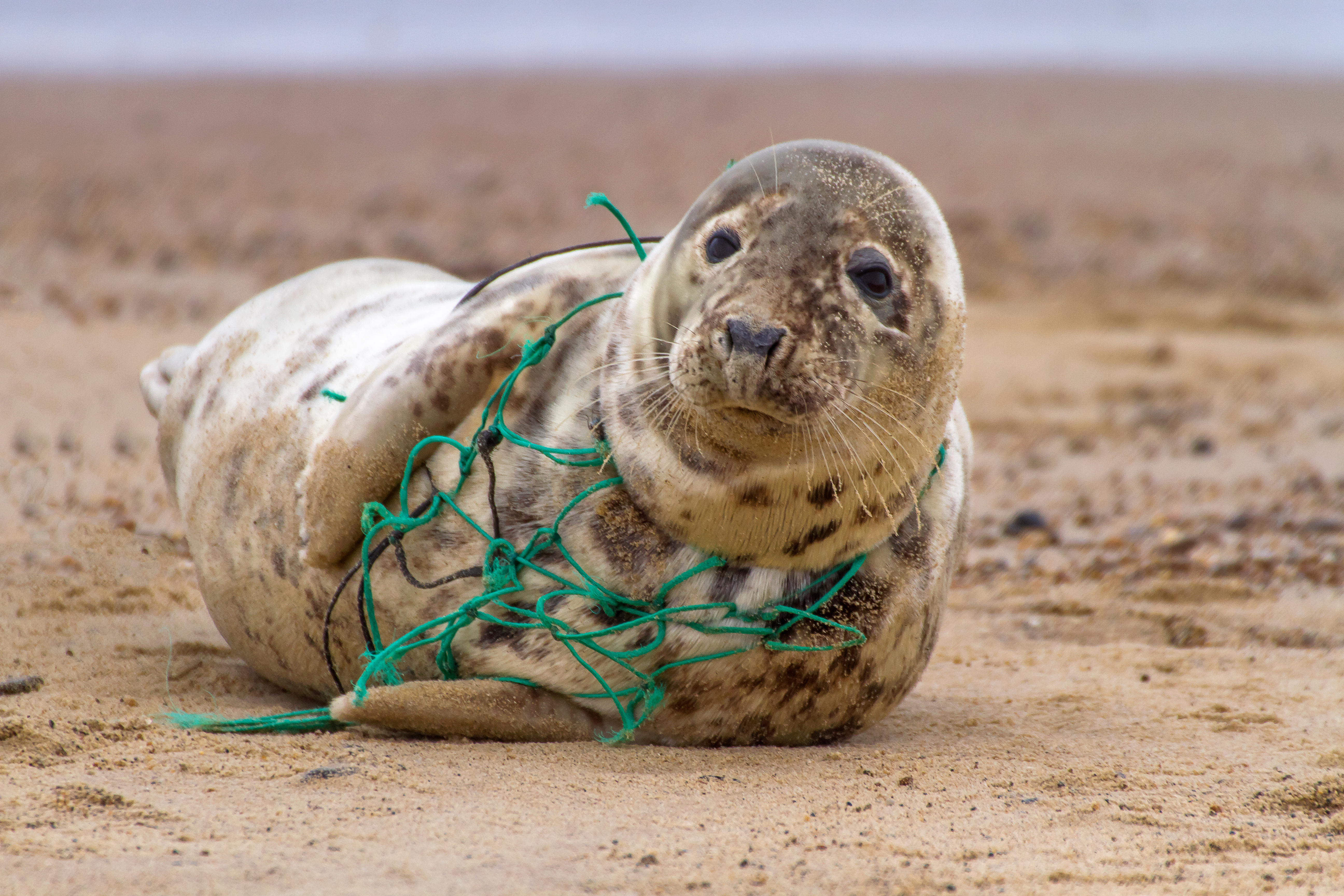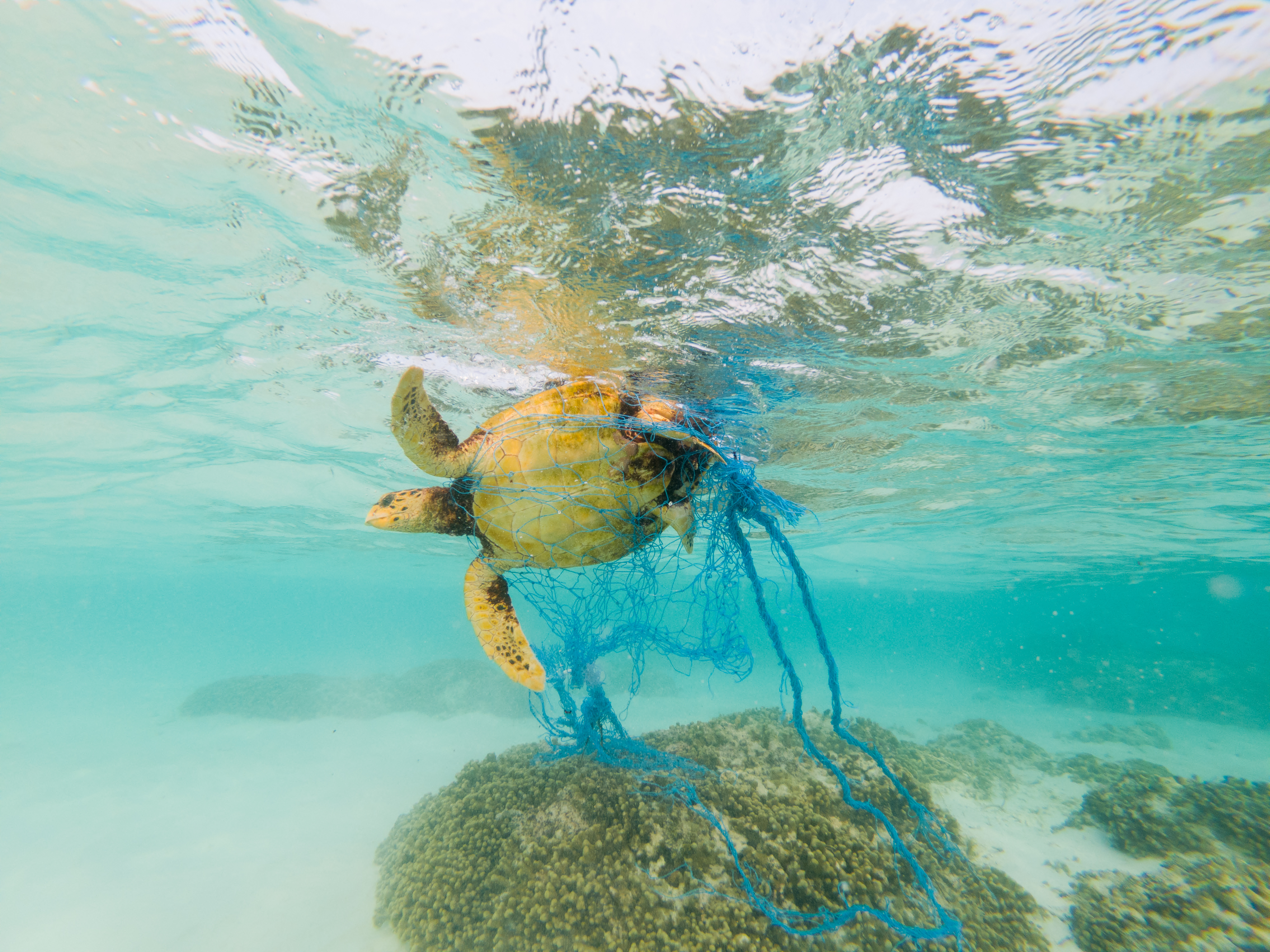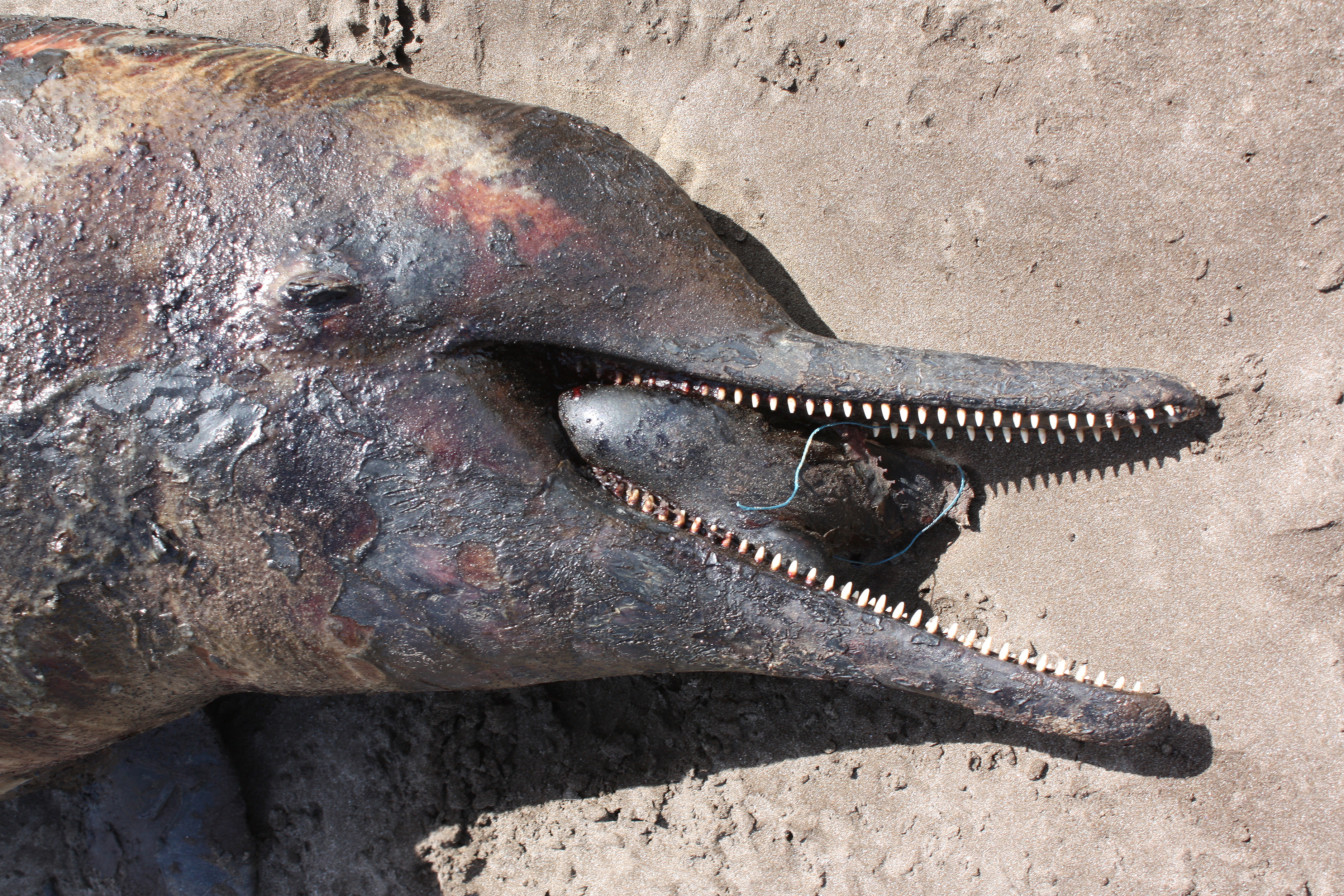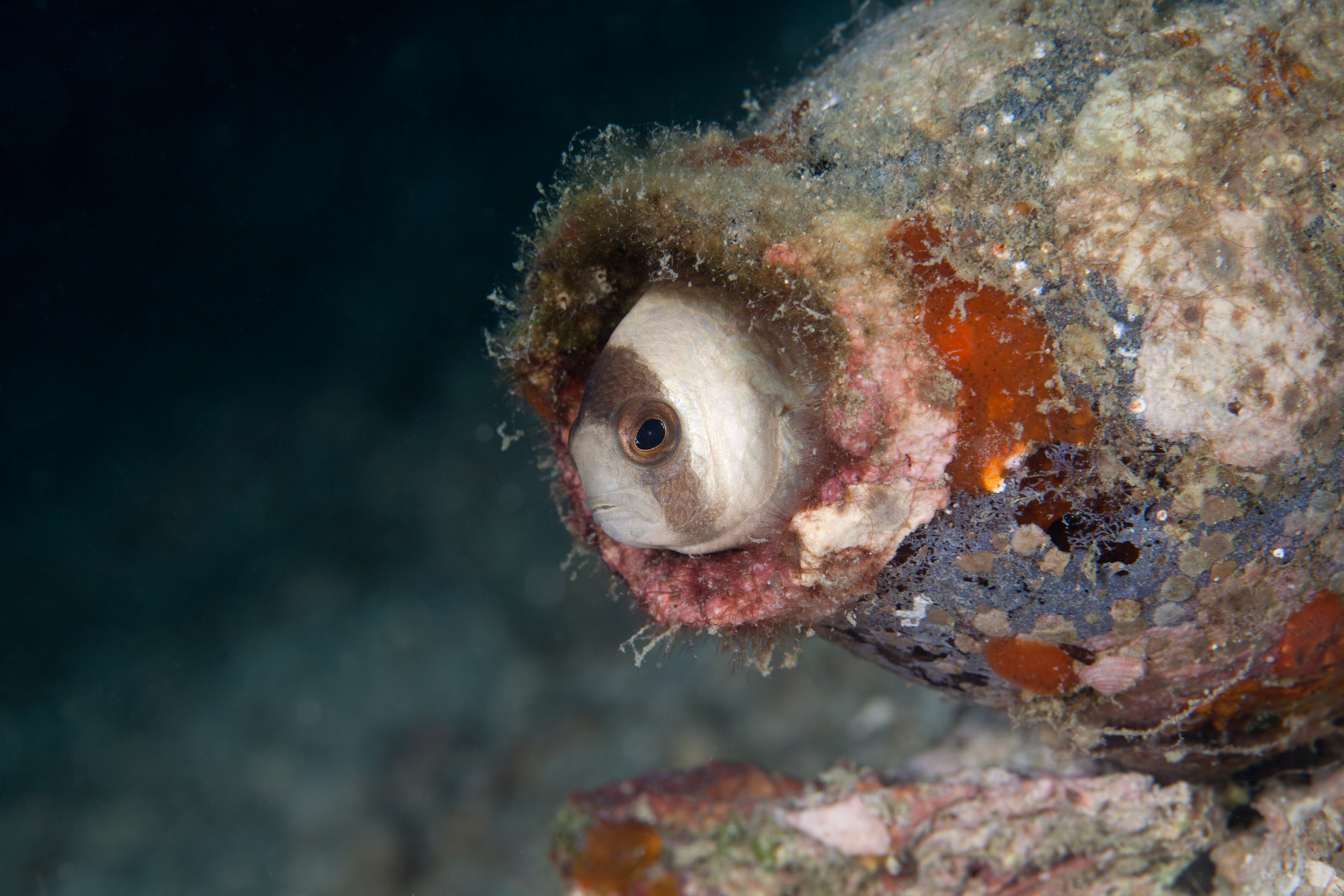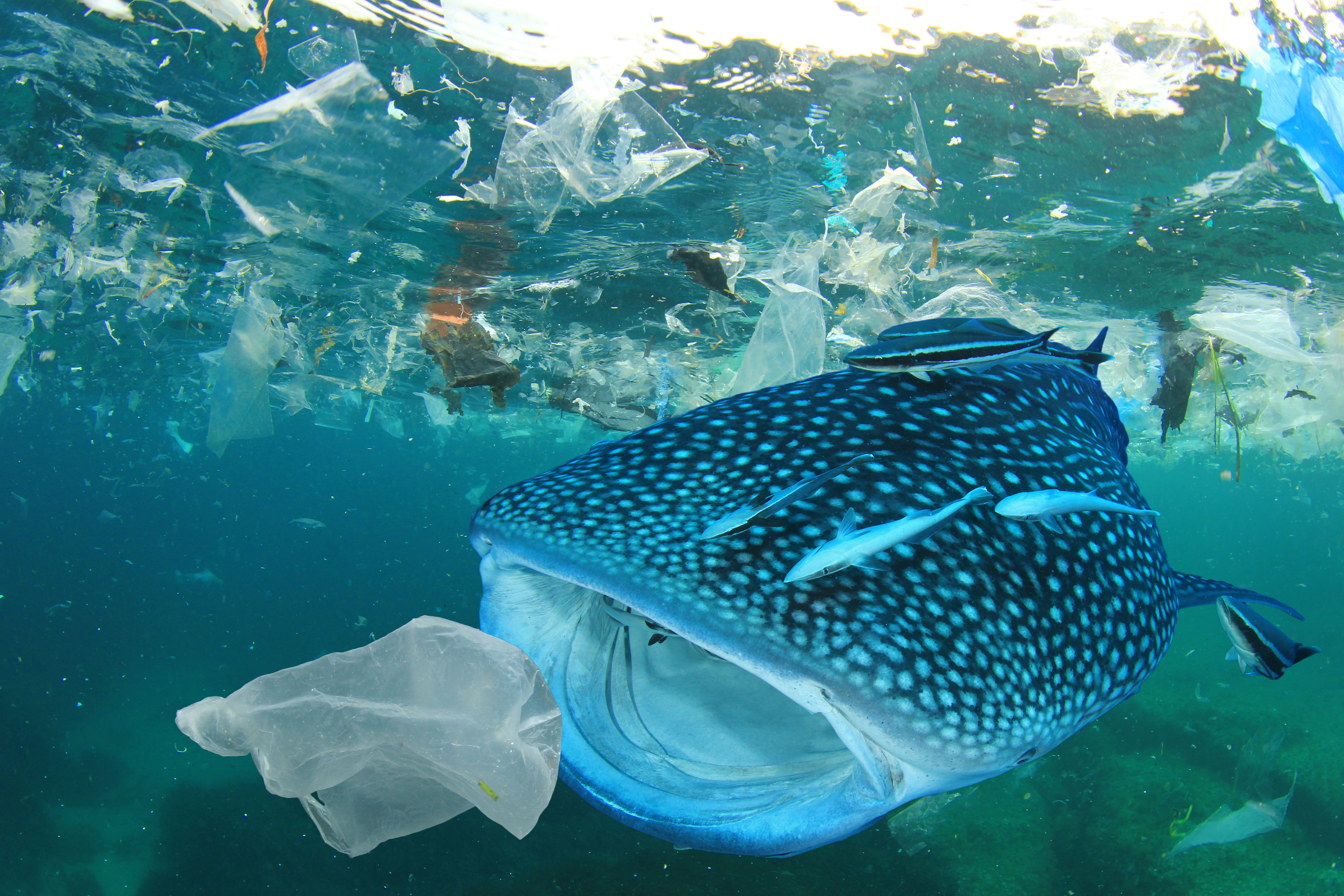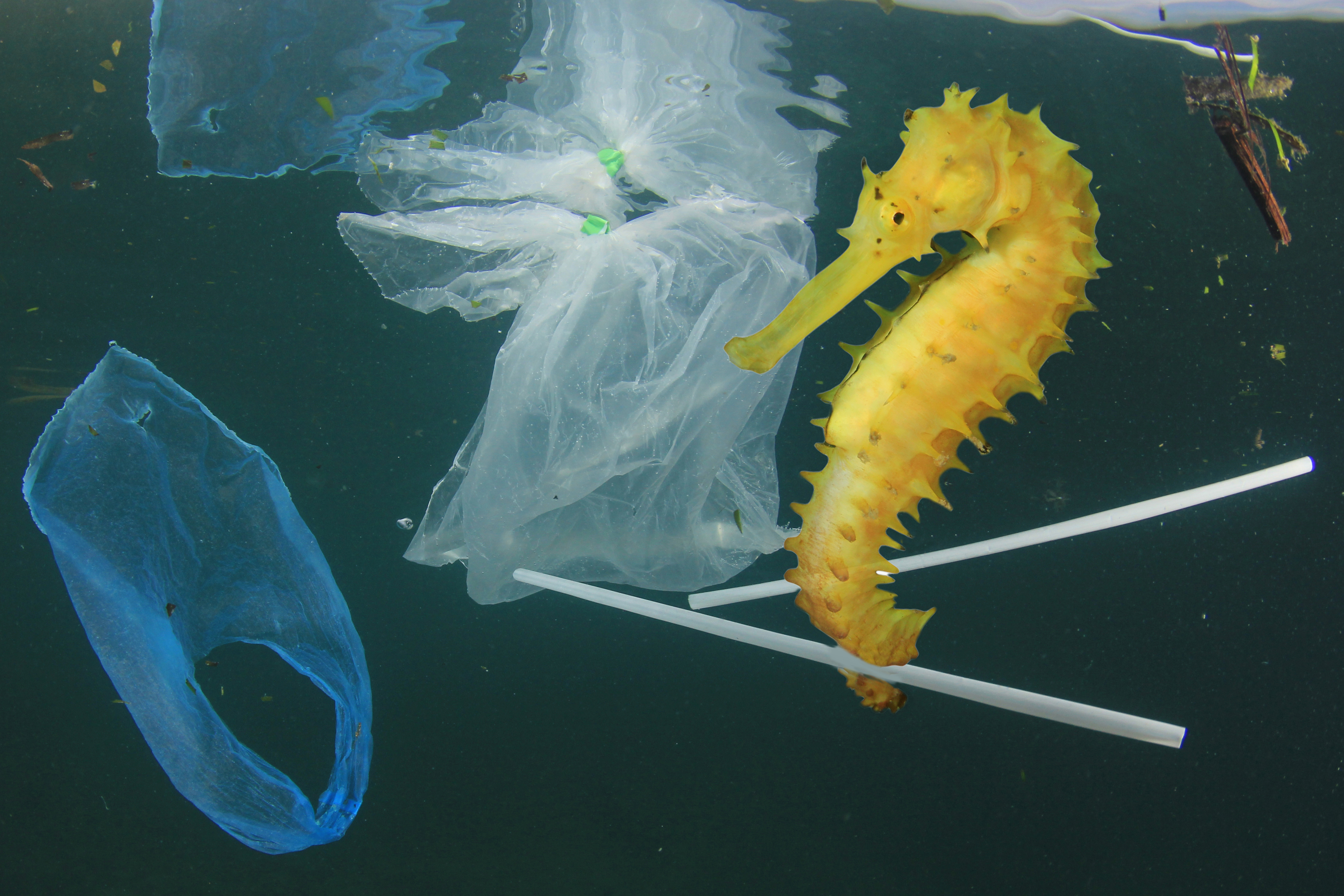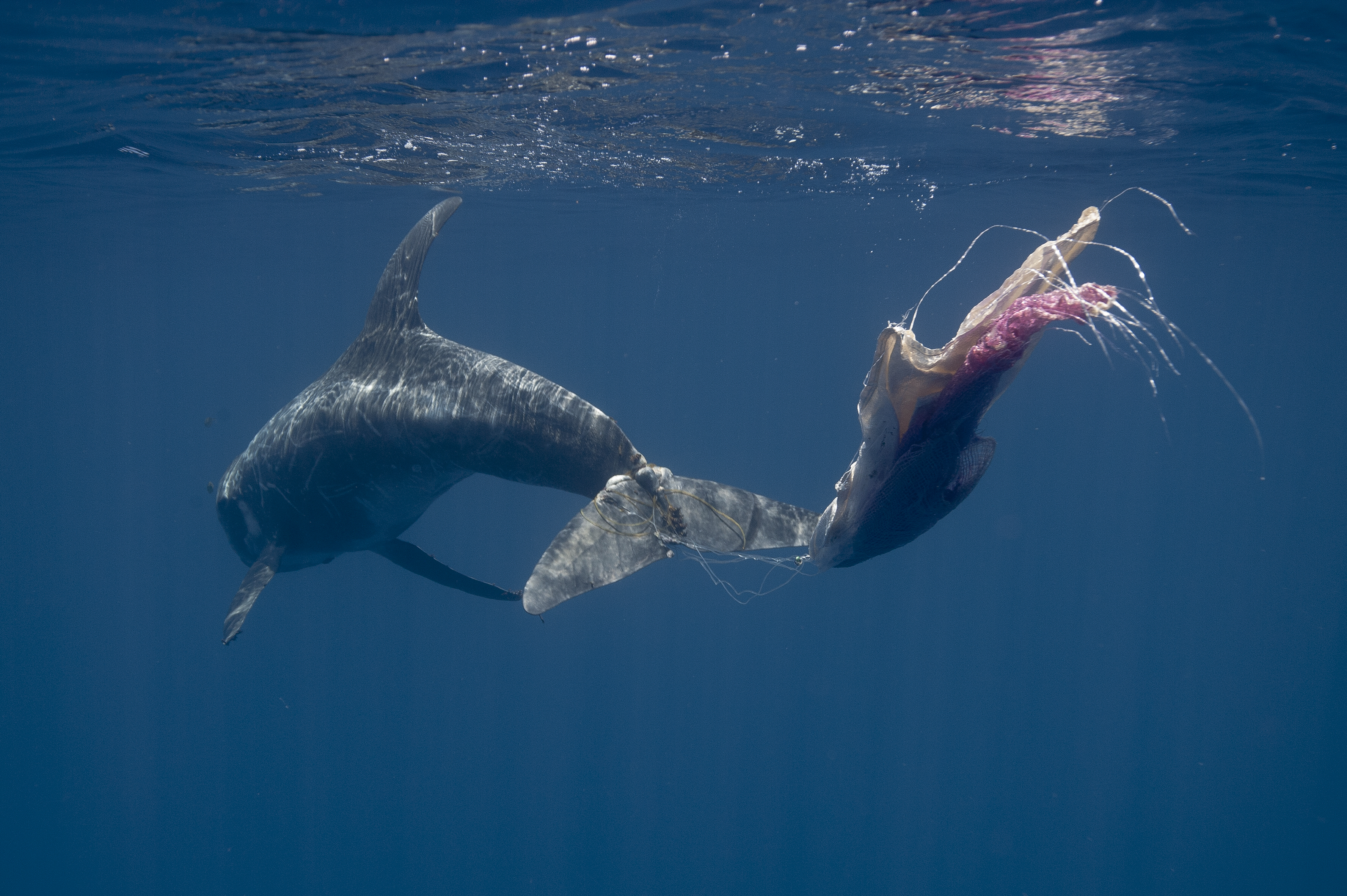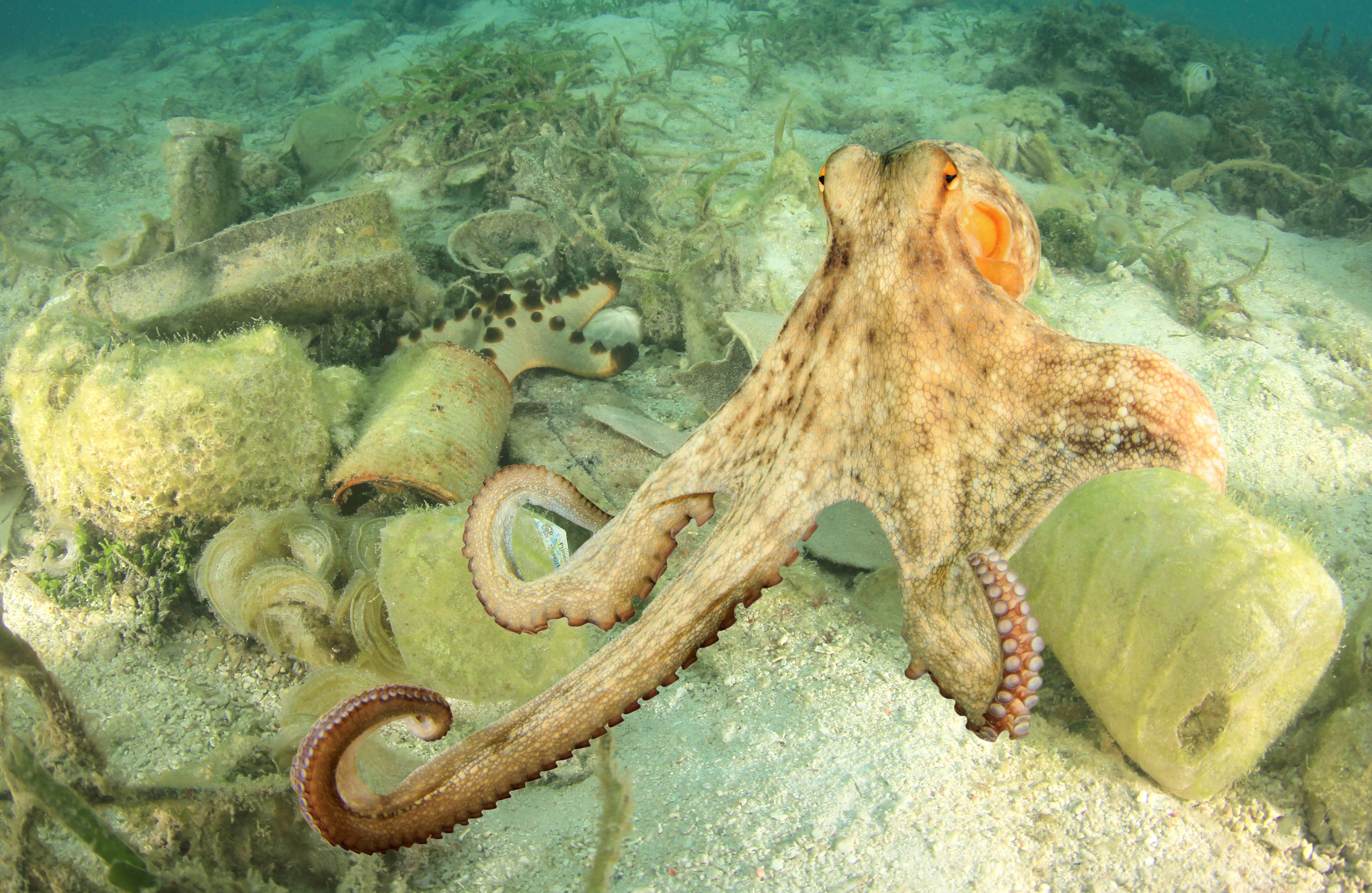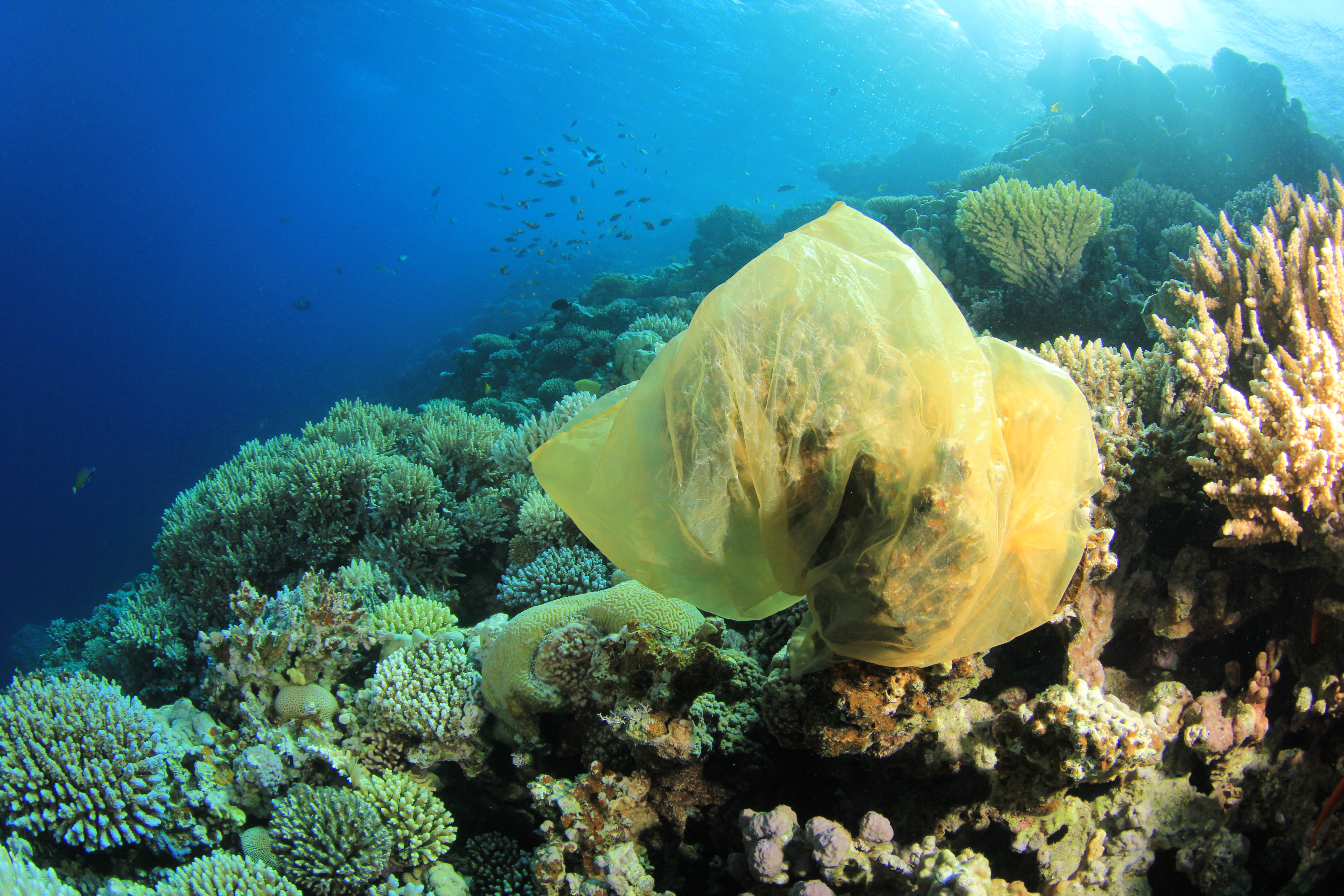The destructive path humans are forging on ocean life continues.
While most of us are aware of the detrimental effects plastic, pollution, and carbon emissions have on the ocean and its wildlife, it seems like another unexpected source is causing strife with swimmers these days too: noise pollution.
One whale of a study
In a joint study from the Ogasawara Whale Watching Association and Hokkaido University in Japan, researchers realized that when humpback whales living in Japan’s Ogasawara Islands are in the proximity of cargo ships and their low-frequency shipping noise, they reduce or stop their singing.
“Humpback whales seemed to stop singing temporarily rather than modifying sound characteristics of their song under the noise, generated by a passenger-cargo liner,” said the study’s authors.
Researchers used two underwater recorders to capture 26 singers between February and May 2017, and found that song decreased within 500 metres of the shipping lane. Meanwhile, whales within 1200 metres of the ships stopped or temporarily reduced their singing for at least half an hour after the ships had passed. It may seem like a small thing, but even that half an hour could have dire consequences for the animals.
The importance of song
Baleen whales like the humpbacks use song to communicate, find food, and mate. Only the males sing, but if their songs are disrupted it could have a slew of negative effects on the population. Whales freaking out from the sound could bolt towards the water’s surface (causing death from decompression illness, or a version of the bends), or else migrate to new waters where food either moves too fast or doesn’t hold enough nutritional value to sustain them. And then there are the reproductive repercussions.
“As a general rule in ecology, when you make a wild animal change its behaviour there are almost always negative consequences,” Spencer Fire, assistant professor in Florida Tech’s Department of Ocean Engineering and Marine Sciences (who was not involved in the study), told CNN. “If they have to wait in order to communicate, then they might not be able to breed and so that has reproductive consequences… It’s one more thing to add to an already long list of threats for this species.”
“The most important thing to understand in thinking about noise in the ocean is that the ocean is a world of sound,” Michael Jasny, director of the Marine Mammal Protection Project at the Natural Resources Defense Council, and a producers of the documentary Sonic Sea, told Fast Company. “Marine mammals, fish, and other marine species have evolved to depend on hearing as their primary sense. There’s a good reason for this–a mature blue whale can scarcely see its own flukes [tail] in the water, and yet blue whales can communicate with one another across entire ocean basins.”
A growing concern
This study is only the latest in what is growing evidence of how noise pollution affects ocean wildlife. Ship traffic is a chronic drum, especially now that many of our current-day vessels are larger than aircraft carriers. One container ship, which can measure up to four football fields long, puts 190 decibels of sound energy in the water. To compare, that’s louder than the sound next to a speaker at a rock concert.
Meanwhile as a result of seismic testing, military sonar, and other human sources of noise, creatures like whales, dolphins, and other aquatic animals have been disabled or killed.
“Imagine that every 10 seconds there is an explosion that is rattling Grandma’s china out of the cupboard, and it is falling on the floor,” Cornell University marine bioacoustics expert Christopher Clark told Yale Environment 360 of the powerful explosions being detonated in the ocean. “We are injecting so much noise that we are effectively acoustically bleaching the world’s oceans.”
Helping marine life
While there’s not much everyday citizens can do to help stop noise pollution other than to write to your local parliamentary representatives, the International Maritime Organization has a list of approved, voluntary measures that ships can take to reduce noise, such as slowing down and implementing new, quieter technology.
Meanwhile there are other human factors affecting ocean life in a big way. From pollution and floating trash, to habitat destruction, to the introduction of alien species, vital ocean dwellers like turtles, fish, and coral have all been affected.
To help them, it’s important to reduce the amount of plastics we use, invest and volunteer in the restoration of habitats that have been “developed” over the years, and to stop purchasing aquatic pets that are driving the exotic pet trade.

